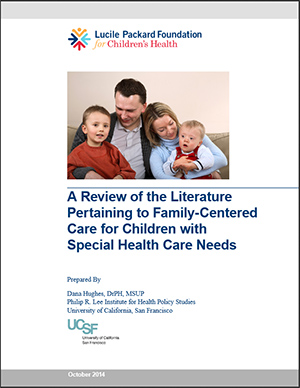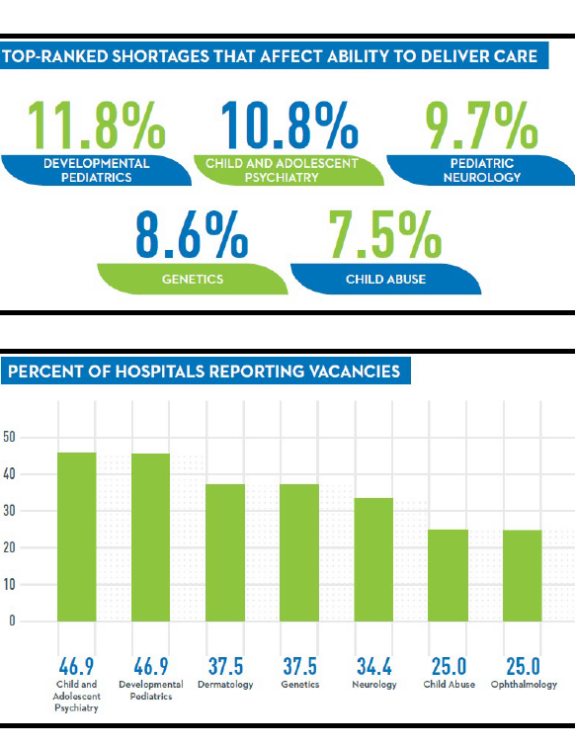Numerous studies demonstrate the important benefits of family-centered care (FCC) for children with special health care needs (CSHCN), including fewer unmet health care needs and increased satisfaction with care. Family-centered care also increases quality of life by reducing the burden on families. Yet access to family-centered care varies widely by race, ethnicity, socioeconomic status, age, condition severity, and condition type. Even among the general population of CSHCN too few receive FCC.
The volume of research on improving care for CSHCN is increasing, and is likely to continue to grow as principles of FCC are applied with support from the Affordable Care Act. Innovations in service delivery abound. These demonstration projects provide important opportunities to further examine the application of FCC in different systems and with different populations. However, to reach the full potential of FCC, greater attention and more resources are needed from federal, state and local policymakers, as well as public and private health system leadership, to develop and implement policies and practices that promote FCC and support families’ access to it.


